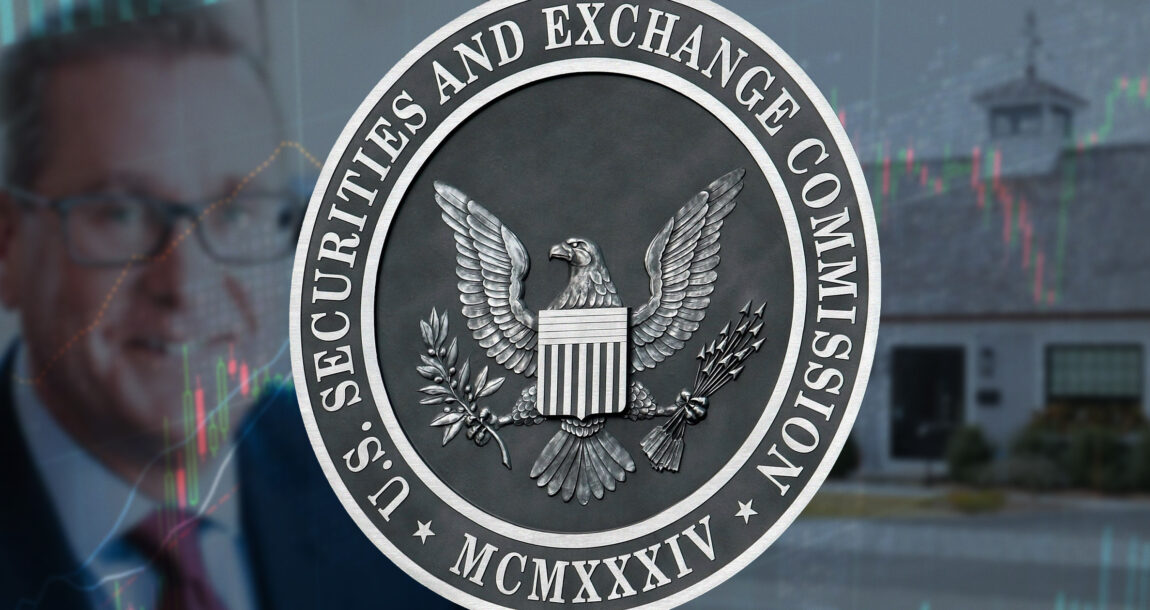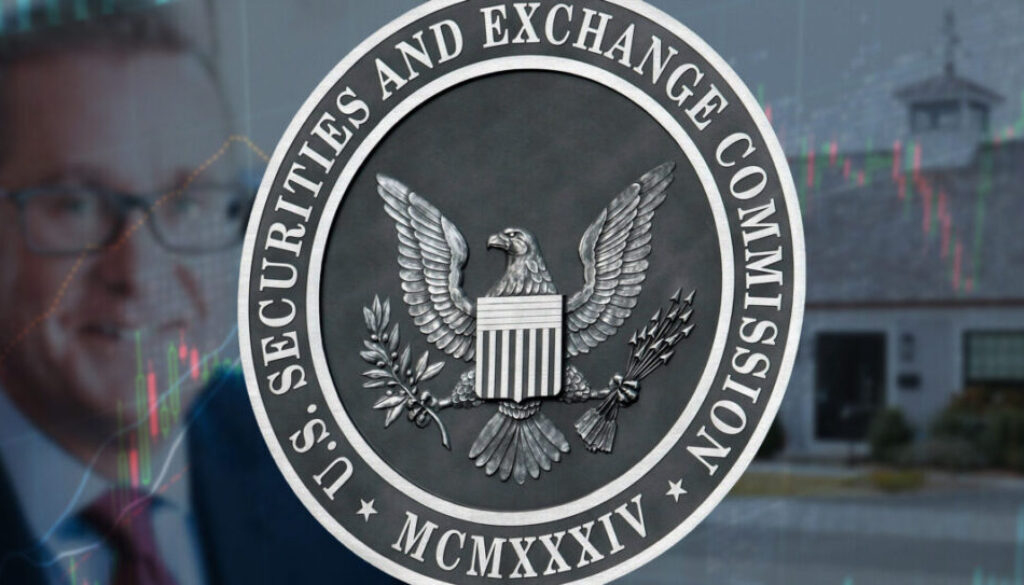Advisor: SEC trying to ambush my defense on bad annuity sales charges

A Massachusetts financial advisor claims the Securities and Exchange Commission is trying to ambush his defense in an annuity sales complaint by adding five surprise witnesses and “entirely new theories of liability” two months before trial.
Jeffrey Cutter is asking a federal judge to deny the five witnesses the SEC added for the April 14 trial start.
“This is not a harmless technicality,” reads a memorandum Cutter’s attorneys filed Tuesday. “Defendants are unfairly and significantly prejudiced by the SEC’s failure to timely disclose these witnesses and supplement its interrogatory answers. Because of the SEC’s delay, Defendants did not have the opportunity to depose any of the new witnesses. … And they did not have the opportunity to investigate and evaluate the new theories of liability.”
In March 2023, the SEC filed charges against Jeffrey Cutter and his advisory firm, Cutter Financial Group for “recommending that their advisory clients invest in insurance products that paid Cutter a substantial up-front commission without adequately disclosing Cutter’s and CFG’s financial incentive to sell the products.”
The case is being closely watched by industry trade associations who adamantly oppose further federal encroachment on state-regulated insurance.
The SEC did not respond to a message seeking comment for this story.
New witnesses
On Jan. 30, the SEC disclosed three potential witnesses “likely to have discoverable information,” the Cutter memo reads. They are Janet Dover and Susan Walker, daughters of former and prospective clients; and Paul Prata, an SEC examiner who conducted examinations of Cutter Financial Group in 2019 and 2021.
In a Feb. 12 email, the SEC confirmed that it will call Dover and Walker at trial, and it disclosed two additional witnesses: John Hanson and Kim Webber, former Cutter clients.
“While the SEC identified Mr. Hanson and Ms. Webber on its Initial Disclosures, Defendants agreed not to depose them and Defendants’ experts did not review their claims based on the SEC’s representation that it would timely inform Defendants if it intended to call them … as trial witnesses,” the Cutter memo reads.
Cutter began working as an investment advisor in 2005, court documents say, and first formed Cutter Financial Group a year later. In 2017, he registered CFG with the SEC as an investment advisor. As a licensed insurance agent, Cutter also owns Cutterinsure, Inc.
Advisor or agent?
According to the SEC complaint, Cutter earned 7-8% commissions on annuity sales as an agent, compared to 1.5-2% fees while managing assets as a fiduciary advisor. Starting in 2014, Cutter generated more than $9.3 million in commissions from the sale of 580 annuities to his investment advisory clients, the SEC said.
As of 2022, CFG claimed to manage approximately $215 million in client assets across 476 clients, court documents say, “most of whom were individual retail investors of retirement age.”
Fact discovery, where two sides exchange information and build their respective cases, ended Oct. 31, 2024, Cutter’s memo notes. Not only did the SEC disclose new witnesses, the motion adds, but also introduced “new theories as to how some of the additional clients had been victimized by the misconduct alleged in the Amended Complaint.”
Cutter’s attorneys included a July 2024 email exchange in which SEC staff said they would let the defendant’s team know if they intended to call Hanson and/or Webber as witnesses.
Among new claims of misconduct, the SEC contends that Cutter breached fiduciary duty to Webber “by misrepresenting to Webber that the surrender charge on the annuity Defendant advised her to surrender to purchase a replacement annuity would be fully offset by the bonus on the replacement annuity,” the memo says.
The SEC has offered to address defense concerns about late disclosures by allowing Cutter’s team to depose the five new witnesses, according to a Feb. 12 email. But “as a matter of efficiency,” the SEC requested that attorneys “conduct two depositions in one day.”
“That is too little, too late,” the Cutter memo states.
Defense strategy revealed
In its memo, Cutter’s attorneys say its experts include Ted Nickel, former Wisconsin insurance commissioner and ex-president of the National Association of Insurance Commissioners. He examined the financial situations of clients cited in the complaint, the annuities that Cutter sold them, and the paperwork that Cutter used to sell them the annuities, the memo explains.
“He opined, among other things, that each annuity purchased by Named Clients was suitable and that Mr. Cutter’s sales process was consistent with insurance industry standards,” the memo says. “The SEC has not disclosed any expert to rebut Mr. Nickel’s opinions.”
Likewise, defense attorneys retained Zawadi Lemayian, an MIT-trained economist. He examined the allegedly improper annuity replacements cited by the SEC and “opined, among other things, that at the time of the switch, Mr. Cutter could have reasonably expected that the replacement annuity would provide greater opportunity for growth (with no change in risk) and that the products … performed consistently with that expectation.”
Lemayian found that “Client G” made money on his annuity while “Client H” was financially better off with the fixed indexed annuity that Cutter sold her than if she had stayed with the variable annuity that she previously owned, the memo says.
“The SEC’s expert has not rebutted or otherwise criticized these opinions at all,” the memo adds.
© Entire contents copyright 2025 by InsuranceNewsNet.com Inc. All rights reserved. No part of this article may be reprinted without the expressed written consent from InsuranceNewsNet.com.
The post Advisor: SEC trying to ambush my defense on bad annuity sales charges appeared first on Insurance News | InsuranceNewsNet.





